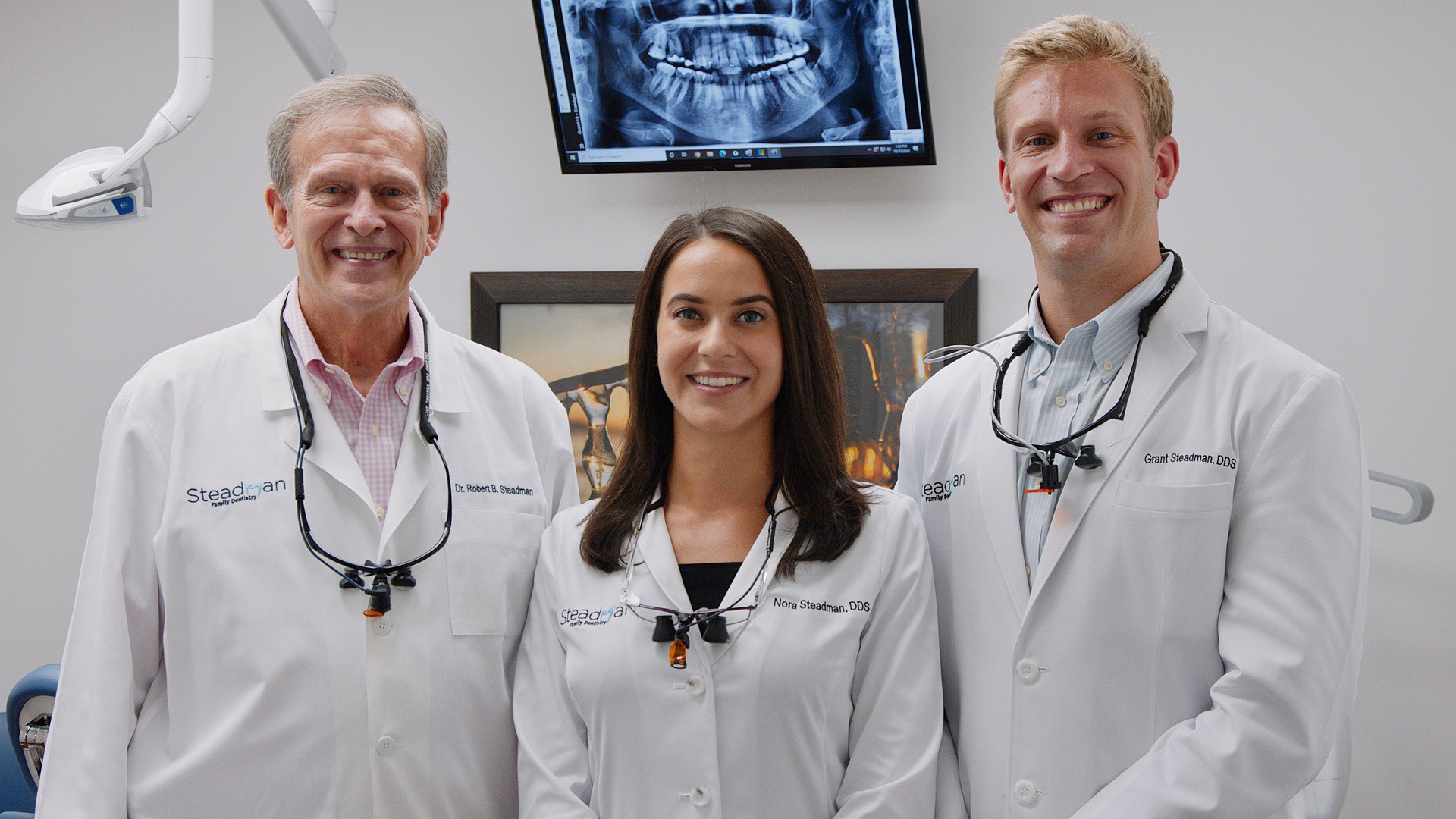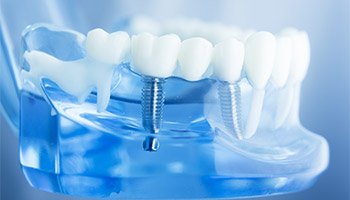Patients with TMJ pain might wonder about just how recommended gum chewing really is when they see ads for sugar-free gum that tout its benefits. It doesn’t take a lot of experience with jaw pain to start to pick up on the things that trigger it, and many patients wonder whether they should skip gum or not when talking to the dentist in Richmond, VA. The fact is for many patients, sugar-free gum can be a benefit, but for those with temporomandibular joint pain, it can also be a trigger for a painful experience.

Who Sugar-Free Gum Helps
There are many studies showing that chewing gum without added sugar can help teeth by providing some extra abrasion and cleaning action without introducing new ingredients for corrosion. Some forms of sugar-free gum have even been formulated specifically for dental benefits. Recommendations for using this kind of gum are always made with moderation in mind, though. Excessive gum chewing can always lead to jaw fatigue, even in patients without prior TMJ issues.
Who Should Be Wary of Chewing Gum
Patients with a diagnosed temporomandibular joint issue that is currently receiving treatment should minimize or avoid chewing gum entirely, even sugar-free gum. The extra wear on the jaw is especially aggravating to this condition because of the displacement of the cartilage in the jaw joint when this condition is aggravated. Those who have had this issue in the past should exercise care when chewing gum, keeping usage to moderate levels and taking breaks so that gum chewing doesn’t occur every day.
What to Do if You Develop Jaw Pain
Sometimes, chewing gum can lead to jaw pain that is not related to temporomandibular joint problems. To discover whether your jaw is fatigued or developing TMJ:
- Make an appointment for an evaluation
- Stop all gum chewing until you see Dr. Steadman
- Consider using an over-the-counter bite guard while sleeping
Contact us today at Steadman Family Dentistry to make an appointment with Dr. Robert Steadman to discuss TMJ pain and treatment in Richmond, VA.



